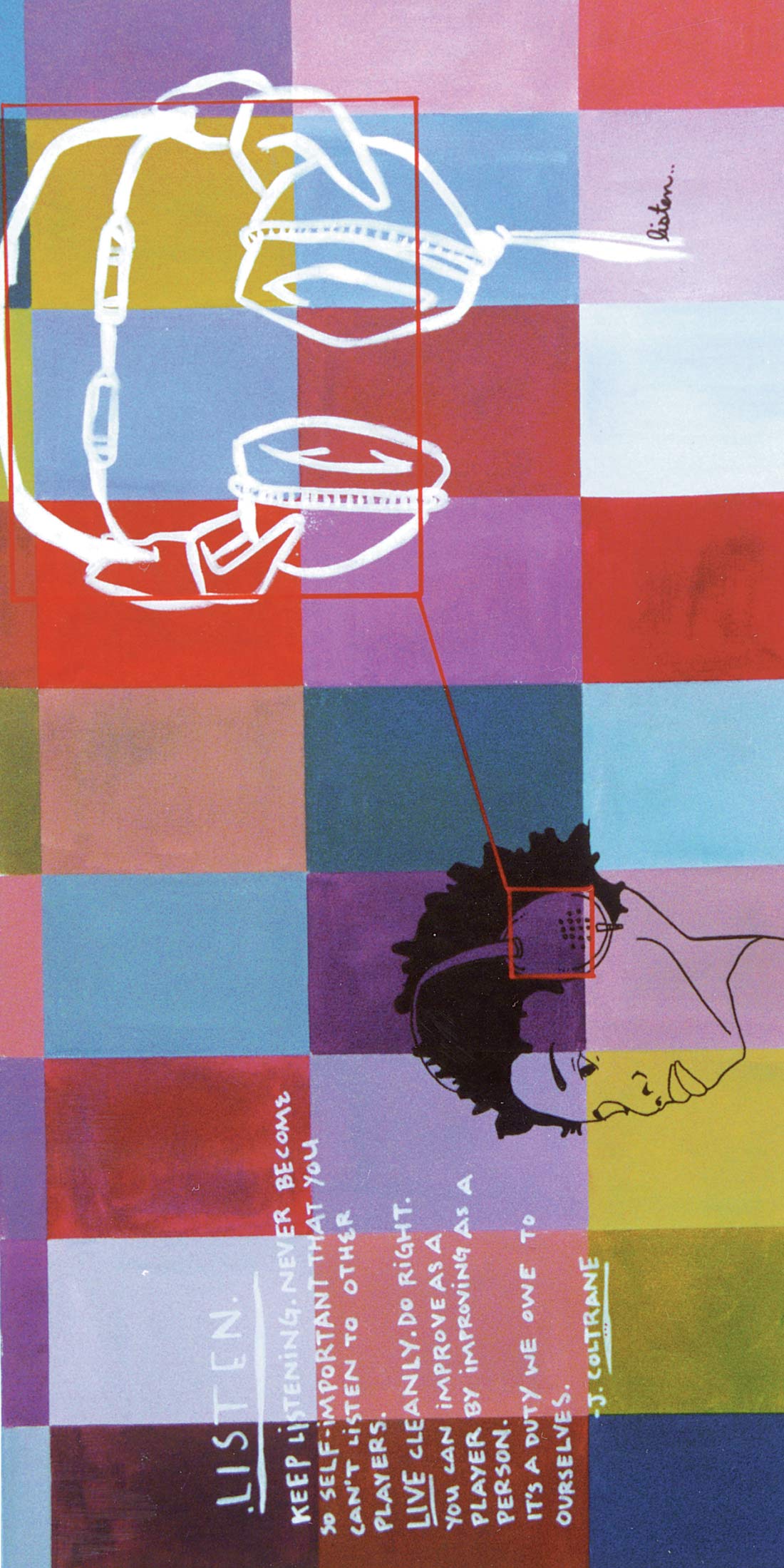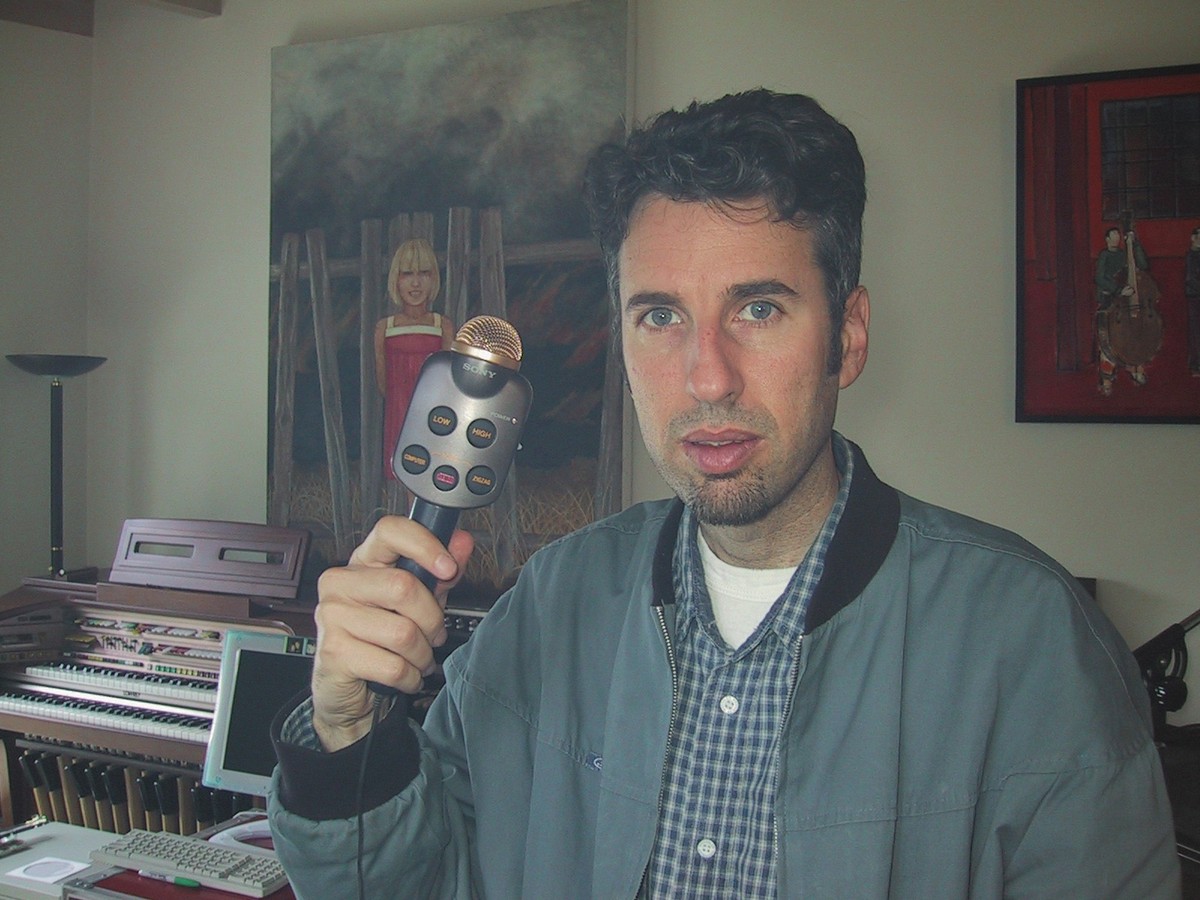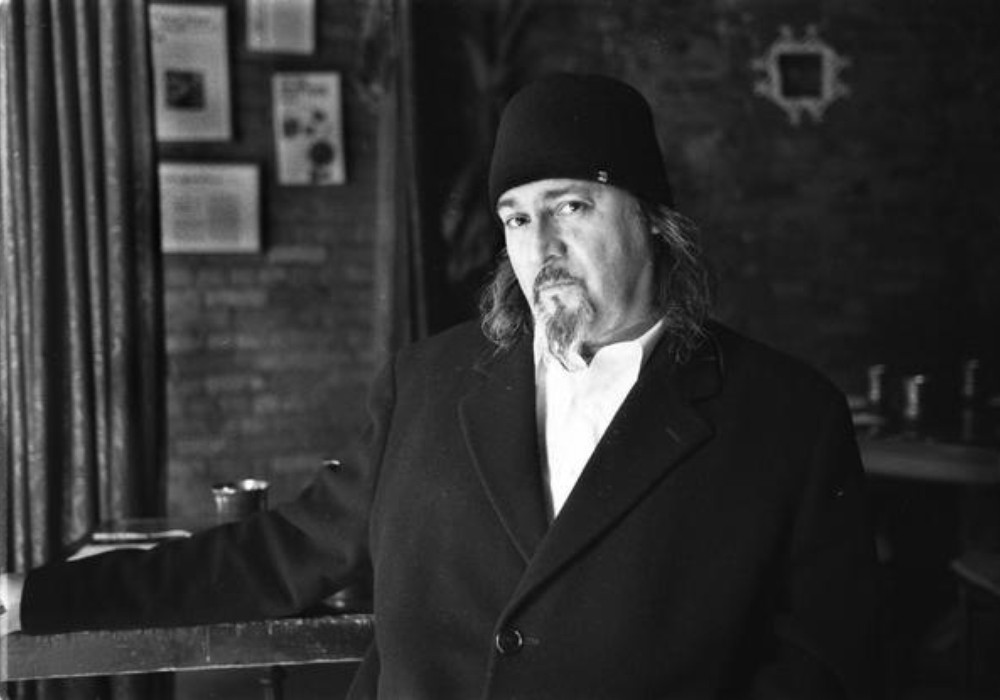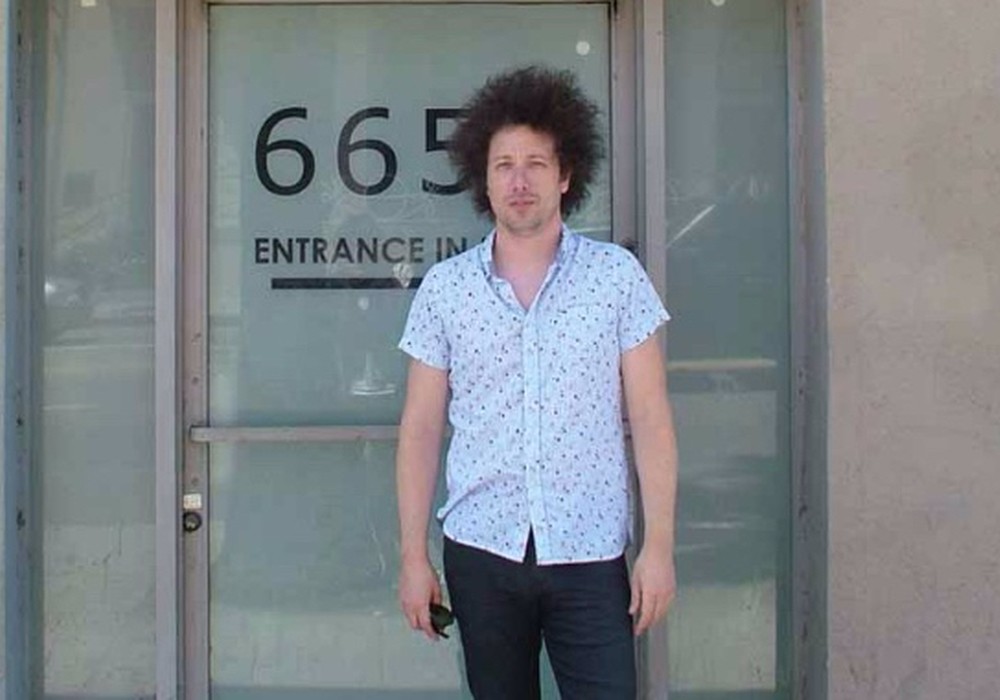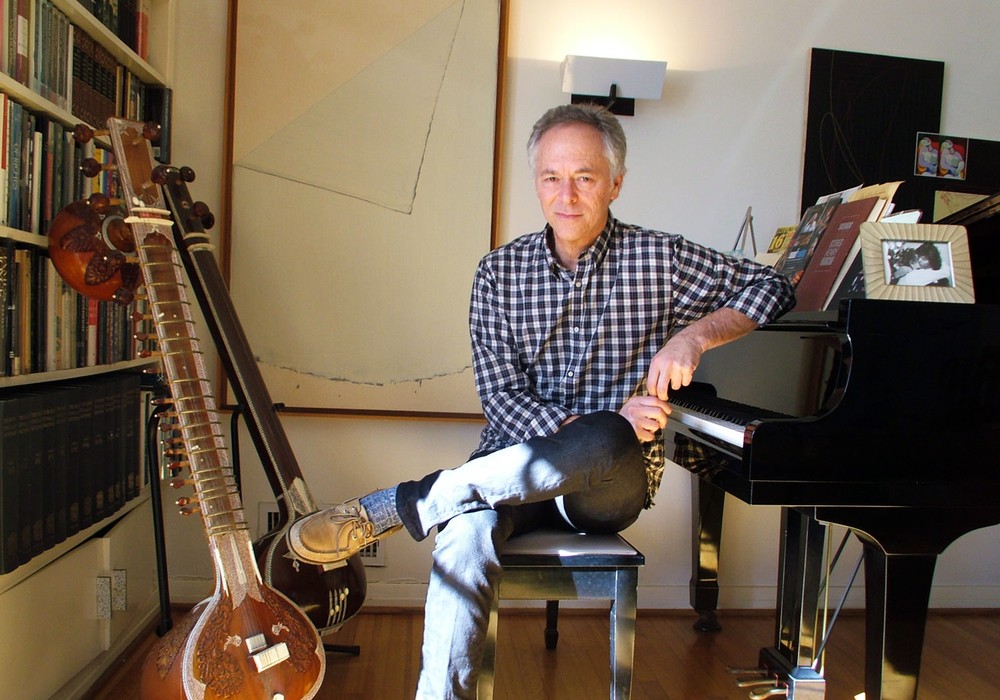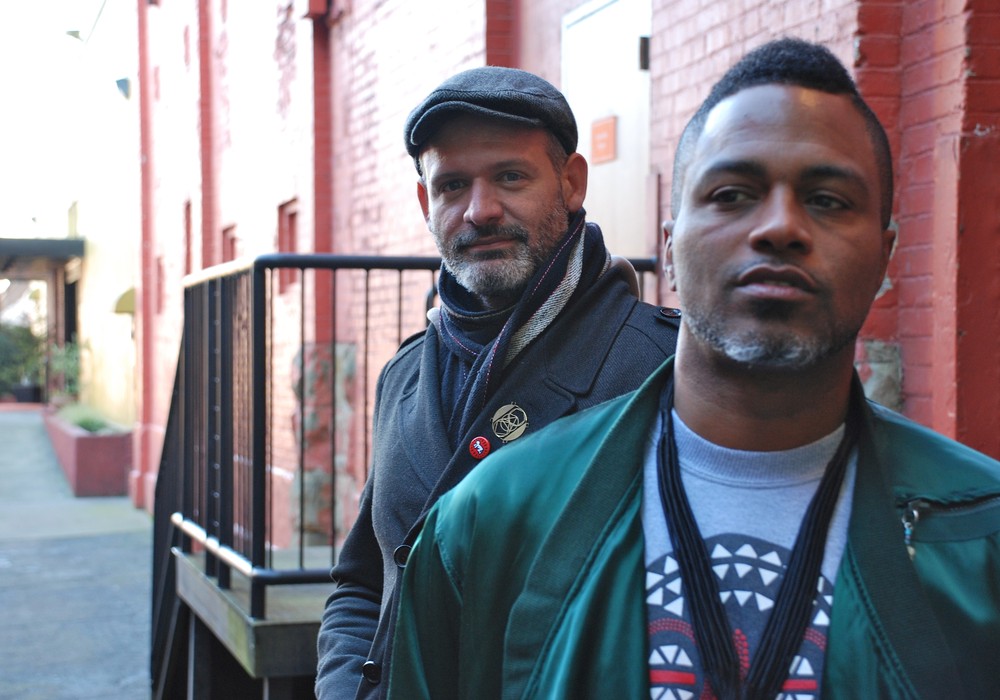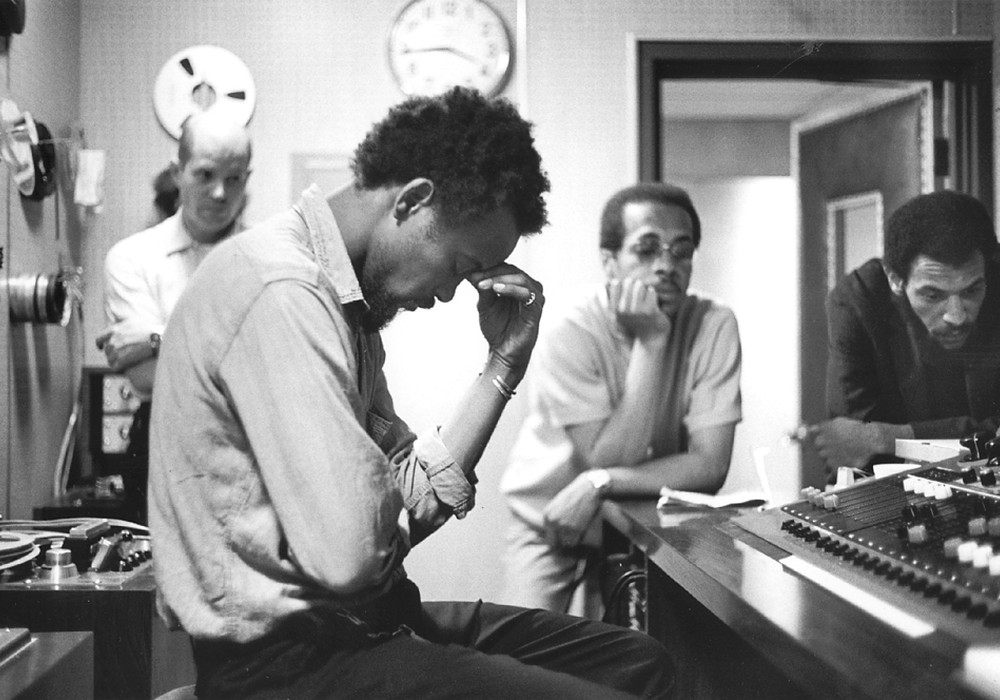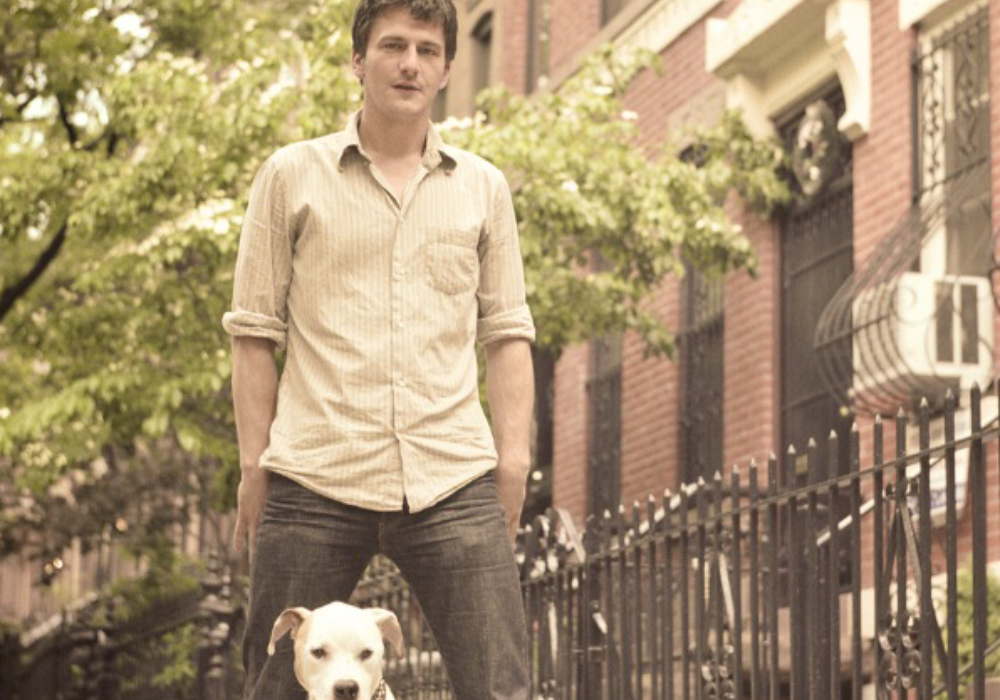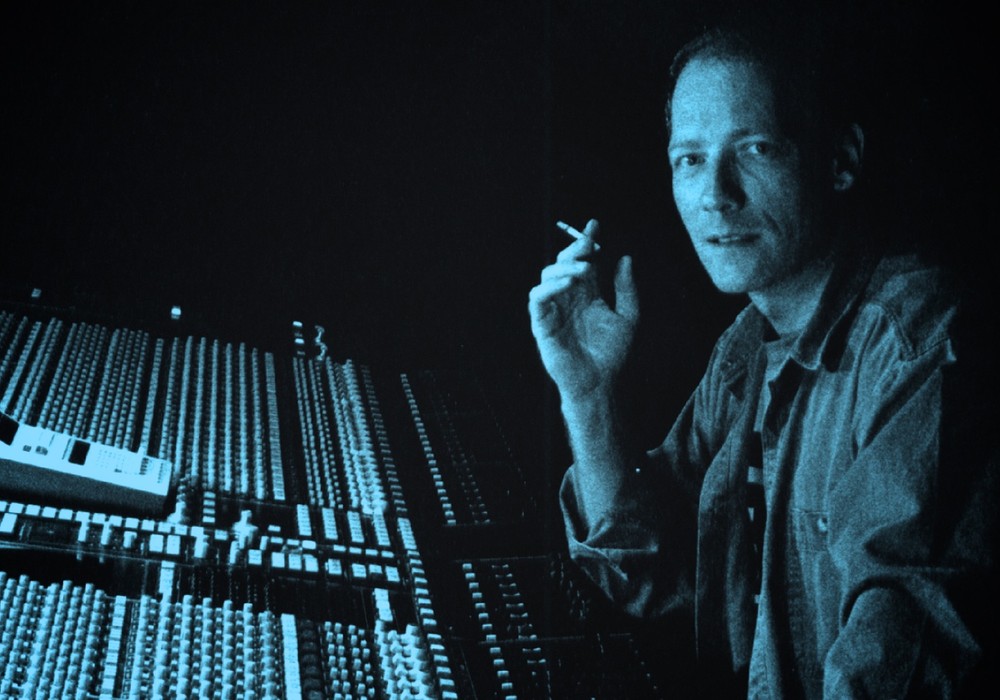A couple of things inspired me to pursue this interview. First, I was looking for something to compare my own mixes against in the studio. I started popping CDs in the player. When I got around to the Beastie Boys, I thought I had found the sound I was looking for, but it was a little too deep, rich and loose to apply to my recordings. But it made me wonder — hey, how did they do that?! It must be Mario Caldato, Jr., the guy who's mentioned and raved about on just about every 5th song on any Beastie Boys' album. It's not often that a band will bring the identity of their engineers/producers to the attention of the listeners by including them in their lyrics. I wanted to know who this guy was. Also, I was thinking about how great it is when a band returns to record a second record with me — I get a chance to improve upon our earlier efforts, to correct some mistakes or out-do the previous record. The band and I know more of what we want to accomplish, and it's easier to start the process. We don't have to start cold. Mario Caldato, Jr. knows this well. As engineer/producer for four of the five Beastie Boys commercial albums, as well as numerous side project/independent releases with the Beasties, he has virtually been a member of the band, both in the studio and on the road. After contacting the Beasties Boys' label, Grand Royal, I finally got a call from Mario himself. I flew to LA and spent a day in his studio. Mario (40 years old, though he looks 30) is a great guy who had some great stories to tell about recording the Beasties and becoming a sound engineer. He and "his girl" were expecting a child at any moment, so he stayed near the phone.
When I listen to the Beastie Boys records, I notice there's a lot of emphasis on the deep, low-end sounds — bass, drums and rhythm — and not the trimmed- down ultra clean detail and sparkly high stuff which is popular with radio and in today's pop music. In a sense, it's going against the grain of what the popular music business wants to hear. How intentional is that on your part?
It just happened because we didn't listen to a lot of pop and stuff that was on the radio. We just always went for what we were into. We did the same thing you do — listened to other records that inspired us. "Hey, let's check out The Meters and listen to how it's recorded — like, man, listen to those hi-hats." There's no tricks or sparkle there. It's just raw rhythm and playing, which is the meat of the music, ya know, the rawness of it cuts through. For me it's just the simple way to record something — put more focus on a good groove as opposed to the technical.
I've tried to figure out how The Meters did all that stuff. I think they probably didn't use many microphones.
Yeah 4-track, it's crazy. It's a good plan. Just one or two mics on the drums. It's always in mono bass, guitar and keyboards — boom, boom, boom. Sometimes they panned something, full to one side or the other, but basically it's just mono, I still think that's the best way to learn, to work with a 4-track, and just work on the music. Then you can develop from there.
I heard you got started with music when you were a kid. When did first get "hit" by music?
I got interested in music at a young age. I took piano and organ lessons. When my Dad bought me a Silvertone organ, that was a big turning point. The electronic aspects of pushing buttons and getting weird sounds was interesting to me. When I got a little older, I had friends who had a band. They asked if I wanted to jam with them, and the only thing I had was the organ. I actually hauled it over to my friend's house and started jamming. My organ wasn't that loud so we hot-rodded the output of the speakers and ran it into an amplifier. It sounded like Deep Purple, like fuzz organ. I was kinda like rhythm — we had a guitar player who'd do solos, and I'd just rock the chords underneath it. I just had to do a couple notes and it sounded heavy. I played in a band in junior high and high school for a few years, doing covers and a couple originals. We just had a blast. After graduating school, I eventually bought a synthesizer and an Univox electric piano to give me more variations on my sound. When I saw synths at the music store, with all those sound effects I was like, this is what I want!
Yeah all the knobs. I went a little crazy when I saw that too.
The sound was cool. Filters, sirens, sound effects, white noise, pink noise — it was a neat item. And nobody had 'em at the time. It was like 1976-77, so I was the first one in my neighborhood to have a synth. But I sucked as a player. I was more into the sounds. Eventually my friend from Gardena High School, Money Mark, bought a 4-track, a Teac 1/4" 3340, and decided he was just gonna make music on his own. He was a one-man band kind of thing, and just started recording stuff at home. All of us, all our friends, were impressed by him. We used to think, "Wow, he makes songs... it's got the bass, drums, guitar... how do you do that?" He figured it out. His dad's an electronics guy and Mark is very talented. He bought a couple pieces of gear, some SM57s, had some drums and other stuff, and started mic'ing things-up. He turned me on to recording and technique. He was living with his family, with his two brothers in a...
